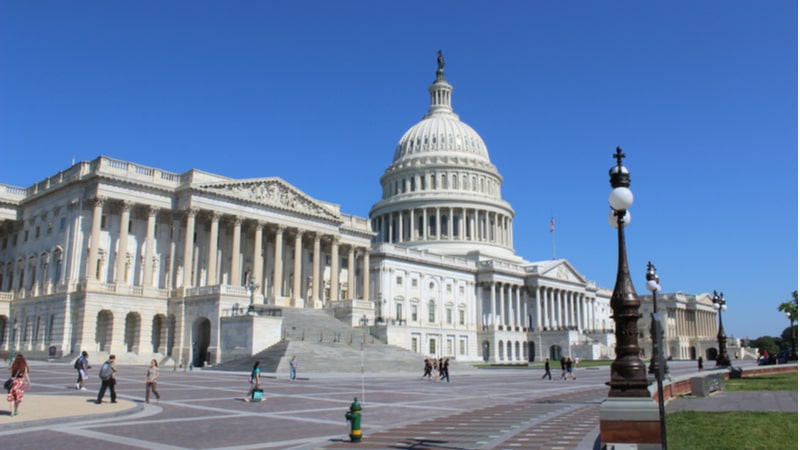
After months with no movement and a weekend full of deal-making, Congress is expected to pass a $900 billion COVID-19 relief package as part of a broader Fiscal Year 2021 (FY21) omnibus spending bill. The relief includes a new round of Payment Protection Program (PPP) funding, money for broadband deployment and emergency use, and money to remove banned Huawei and ZTE equipment.
The catchall relief and spending bill, coming in at just under 5,600 pages, is expected to get a vote late on Dec. 21, be sent to the Senate, also expected to vote on Dec. 21, then to President Trump’s desk for final approval.
The final relief portion of the bill includes $7 billion for broadband infrastructure, according to a Sunday statement from Sen. Ron Wyden, D-Ore., down from $10 billion in the original drafting of the package. $3.2 billion of that is earmarked for a low-cost monthly emergency broadband plan for those who lost their jobs in the pandemic.
“Broadband connections are essential for Americans seeking to get new jobs, and to access school, health care, and other government services. Ensuring working families can stay online will pay massive dividends for kids’ education, helping people find jobs and jump starting the economic recovery next year,” Wyden said in the statement.
Another $1.9 billion was included in the relief bill to remove Huawei and ZTE parts from U.S. broadband networks. The Federal Communications Commission banned American broadband providers from using materials from the two Chinese broadband companies in June 2020.
The bill also includes $1 Billion for tribal broadband programs, $300 million for rural deployment, as well as money for telehealth, broadband mapping, and improving connections in the communities around Historically Black Colleges and Universities. In addition, the COVID relief portion of the bill authorizes the creation of an Office of Minority Broadband Initiatives within the National Telecommunications and Information Administration.
This round of PPP loans also directs the Small Business Administration to lend $12 billion to minority-owned businesses and $15 billion to live venues. It also clarifies that all PPP funding will both be excluded from gross income and be tax-exempt.
The bill is close to the bipartisan package unveiled last week, according to Sen. Bill Cassidy, R-La., but a $160 billion bill with money for state and local governments and liability legislation was cut in favor of $600 direct payments. While broader state-wide relief is not coming, the bill does include $4.5 billion, earmarked out of the Center for Disease Control’s $8.75 billion, to help states distribute COVID-19 vaccines.
After multiple Continuing Resolutions kept the government funded through the beginning of FY21, both houses are expected to pass the legislation and have it signed into law. Democrats have signaled that they will revisit the issue after President-elect Joe Biden takes office on Jan. 20.
